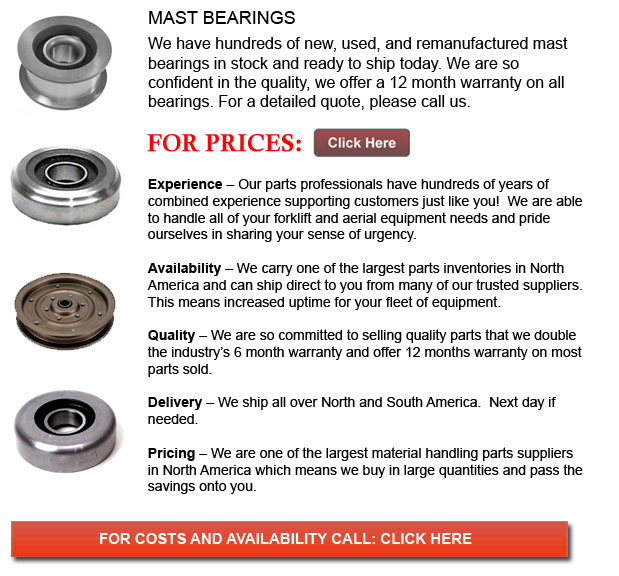
Mast Bearings - A bearing enables better motion among at least 2 components, usually in a rotational or linear sequence. They can be defined in correlation to the direction of applied weight the could take and according to the nature of their application
Plain bearings are very generally used. They utilize surfaces in rubbing contact, normally along with a lubricant like for instance graphite or oil. Plain bearings may or may not be considered a discrete gadget. A plain bearing could have a planar surface which bears one more, and in this particular instance would be defined as not a discrete gadget. It may have nothing more than the bearing exterior of a hole with a shaft passing through it. A semi-discrete instance will be a layer of bearing metal fused to the substrate, while in the form of a separable sleeve, it would be a discrete gadget. Maintaining the right lubrication enables plain bearings to provide acceptable accuracy and friction at minimal cost.
There are various bearings which can help enhance and cultivate efficiency, reliability and accuracy. In numerous uses, a more fitting and exact bearing can improve service intervals, weight, size, and operation speed, thus lessening the whole expenses of using and buying equipment.
Several types of bearings along with different application, lubrication, shape and material exist in the market. Rolling-element bearings, for example, make use of spheres or drums rolling among the parts in order to lessen friction. Reduced friction provides tighter tolerances and higher precision as opposed to plain bearings, and less wear extends machine accuracy.
Plain bearings are usually made from different types of plastic or metal, depending on how dirty or corrosive the surroundings is and depending on the load itself. The kind and utilization of lubricants could dramatically affect bearing friction and lifespan. For instance, a bearing can be run without whatever lubricant if continuous lubrication is not an alternative as the lubricants can draw dirt that damages the bearings or equipment. Or a lubricant may improve bearing friction but in the food processing trade, it could require being lubricated by an inferior, yet food-safe lube in order to prevent food contamination and ensure health safety.
Most bearings in high-cycle uses need some lubrication and cleaning. They can require periodic modification so as to lessen the effects of wear. Several bearings could require irregular repairs to be able to prevent premature failure, though fluid or magnetic bearings may need not much maintenance.
A clean and well lubricated bearing will help prolong the life of a bearing, on the other hand, some types of operations could make it more hard to maintain constant maintenance. Conveyor rock crusher bearings for example, are routinely exposed to abrasive particles. Frequent cleaning is of little use for the reason that the cleaning operation is costly and the bearing becomes dirty over again once the conveyor continues operation.
![]() Click to Download the pdf
Click to Download the pdf
Forklift Parts
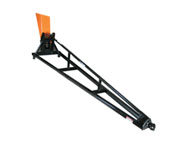

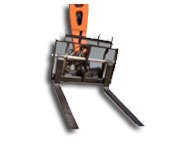
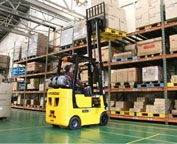
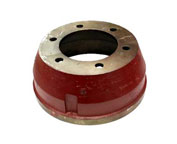
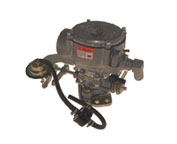
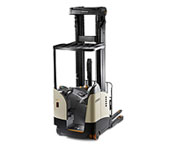
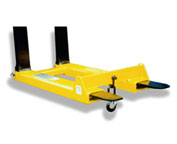
Lift Parts Express
TOLL FREE: 1-888-695-7994
Kitimat, British Columbia
forkliftpartskitimat.ca
Email Us
About Us


